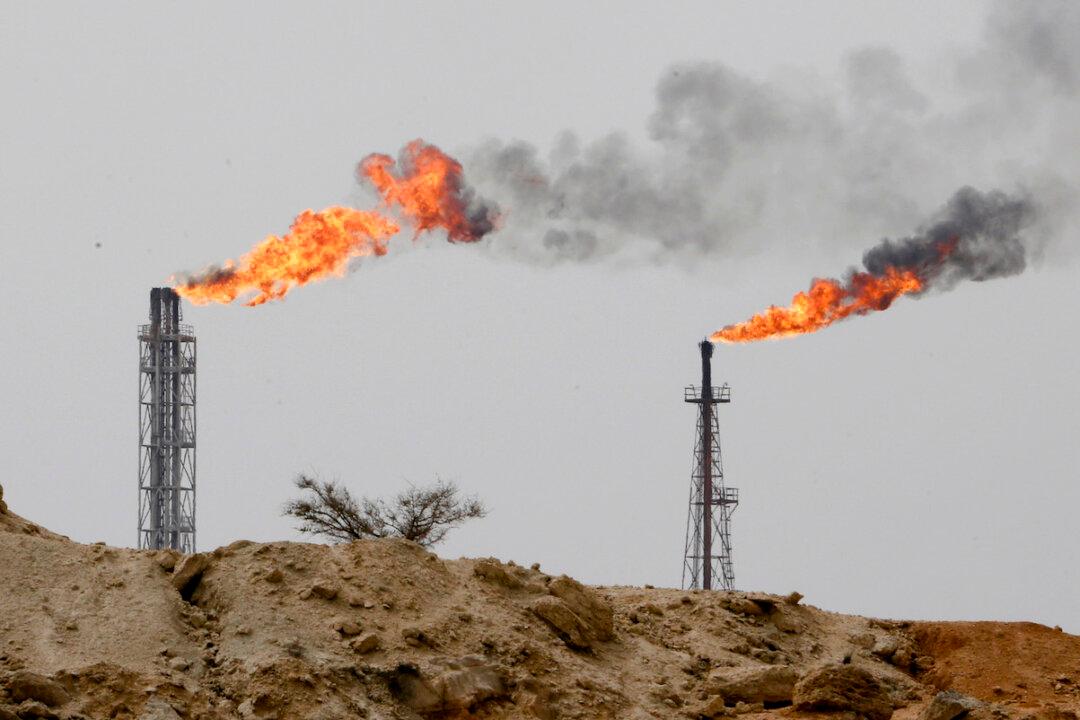A $2 trillion stimulus bill passed last month includes payments of up to $1,200 for people who make less than an earnings cap, but some people won’t be able to receive the checks.
It includes some college students, immigrants who don’t have Social Security numbers, and some elderly or disabled adults. One of the major groups includes adults who are claimed as a dependent on another person’s taxes for various reasons.





